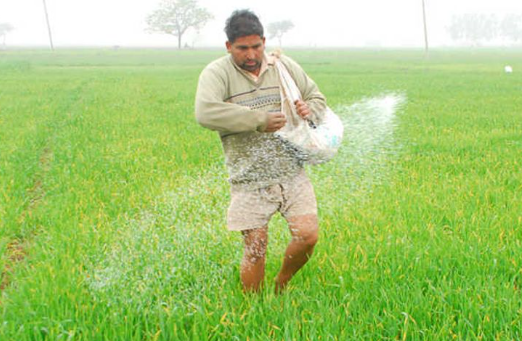Indian Farmers Faced $120 Billion Implicit Tax Due
In 2023 farmers encountered important financial challenges due to government policies. The Organisation for Economic Co-operation and Development (OECD) reported an implicit taxation of $120 billion on Indian agriculture. This figure is the highest among 54 countries surveyed. The Government of India imposed various export restrictions on key commodities to stabilize consumer prices. While these measures aimed to protect consumers, they adversely affected farmers’ incomes.
About Implicit Taxation
Implicit taxation occurs when government policies lower the market prices of goods. In India, this was evident through export bans and duties on agricultural products. As a result, farmers received less for their produce than they would have in a free market. This situation led to an important financial burden on farmers, impacting their livelihoods.
Export Restrictions and Their Impact
In 2023, the Government of India restricted exports of rice, sugar, and onions. These restrictions were intended to keep food prices affordable for consumers. However, the downside was that farmers received lower prices for their crops. The government’s actions created a gap between consumer prices and what farmers earned, leading to a negative market price support (MPS).
Financial Analysis of Support Measures
The Agricultural Policy Monitoring and Evaluation 2024 report brought into light the financial support to farmers. In 2023, positive support measures included a minimum support price (MSP) and budgetary transfers amounting to $10 billion. Despite this, the negative MPS resulted in an overall negative market price support of $110 billion. This imbalance indicates that government support was insufficient to counteract the adverse effects of price-depressing policies.
Negative Support Trends Over Time
The report revealed that net support to Indian farmers has been negative for two decades. Between 2021 and 2023, budgetary transfers accounted for only 8.8% of gross farm receipts. In contrast, negative MPS represented 26.1% of gross farm receipts. Consequently, farmers experienced a net negative support of 15.4%. This trend reflects the ongoing challenges faced by the agricultural sector.
Global Context and Comparisons
India’s situation is not isolated. The OECD report indicated that implicit taxation to farmers across 54 countries totalled approximately $192 billion annually from 2021 to 2023. India accounted for a staggering 62.5% of this global figure in 2023. Following India, Vietnam and Argentina also reported important negative price support.
Total support for the agricultural sector across the surveyed countries reached $842 billion per year from 2021 to 2023. However, this support has declined in 2022 and 2023 compared to its peak in 2021. The decline raises concerns about the sustainability of agricultural support, particularly as the sector adapts to ongoing economic challenges.
Important Facts for Exams:
- OECD: The Organisation for Economic Co-operation and Development assesses global agricultural policies. It evaluates support measures for farmers across member countries. Its reports inform policy decisions and reforms.
- Implicit Taxation: Implicit taxation occurs when government policies lower market prices. This leads to reduced income for producers. Farmers receive less for their goods than they would in a free market.
- Minimum Support Price: The Minimum Support Price is a government-set price to purchase directly from farmers. It aims to ensure farmers receive fair compensation. However it may not offset negative price effects.
- Market Price Support: Market Price Support refers to government measures affecting the prices farmers receive. Negative support indicates that policies depress prices. This creates financial challenges for agricultural producers.
Month: Current Affairs - November, 2024
Category: Agriculture Current Affairs


